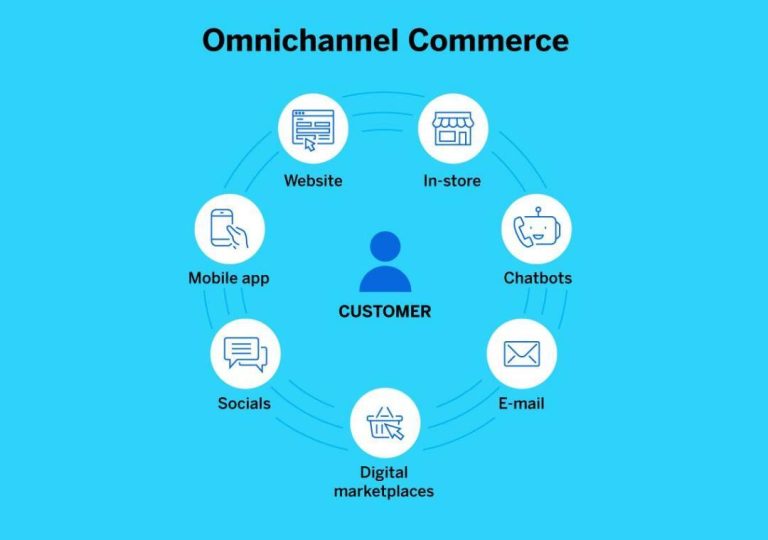
How is AI redefining the e-commerce experience?
The e-commerce landscape has undergone a significant transformation in recent years, with artificial intelligence (AI) playing a pivotal role in redefining the online shopping experience. Gone are the days of manual product categorization and generic product recommendations. Today, AI is at the forefront of shaping the way e-commerce businesses interact with their customers, from predictive search to hyper-personalized recommendations.
Predictive Search
One of the most significant advancements in AI-powered e-commerce is predictive search. Algorithms are now capable of understanding user behavior and anticipating search queries before they are even entered into the search bar. This means that customers are presented with highly relevant search results, increasing the chances of finding what they’re looking for and reducing bounce rates.
For instance, online fashion retailer, ASOS, uses AI-powered search to suggest products based on a user’s browsing history and search queries. This not only enhances the customer experience but also increases the chances of conversion.
Hyper-Personalized Recommendations
Another area where AI is making a significant impact is in product recommendations. Traditional recommenders relied on simple rules-based systems or collaborative filtering, which resulted in generic and often irrelevant recommendations. AI-powered recommenders, on the other hand, use machine learning algorithms to analyze user behavior, preferences, and purchase history to surface highly personalized product suggestions.
Take, for example, Amazon’s recommendation engine, which uses AI to suggest products based on a user’s browsing history, search queries, and purchase history. This has resulted in a higher level of customer satisfaction and increased sales for the e-commerce giant.
Real-Time Inventory Forecasting
AI is also being used to optimize inventory management and reduce stockouts and overstocking. By analyzing sales data, weather patterns, and other factors, AI algorithms can accurately forecast inventory levels, ensuring that retailers always have the right products in stock.
Take, for example, fashion retailer, Zara, which uses AI-powered inventory management to optimize stock levels and reduce waste. By analyzing sales data and weather patterns, Zara is able to ensure that it has the right products in stock, even in the midst of a rapid fashion cycle.
Chatbot Support
AI-powered chatbots are becoming increasingly popular in e-commerce, providing 24/7 support to customers and freeing up human customer support agents to handle more complex issues.
Chatbots can be used to handle a range of tasks, from simple inquiries to product recommendations and even returns and exchanges. By providing instant support, chatbots can reduce the likelihood of cart abandonment and enhance the overall customer experience.
Reducing Cart Abandonment
Cart abandonment is a significant problem for e-commerce businesses, with an average of 69.23% of carts being abandoned during the checkout process. AI can be used to reduce cart abandonment by identifying the key reasons why customers are abandoning their carts and then implementing targeted interventions.
For instance, AI-powered chatbots can be used to send targeted promotions and discounts to customers who have abandoned their carts, encouraging them to complete their purchase. Similarly, AI-powered email campaigns can be used to send reminders and promotions to customers who have abandoned their carts.
Enhancing Backend Operations
AI is also being used to enhance backend operations in e-commerce, from supply chain optimization to inventory management and logistics.
Take, for example, online retailer, Warby Parker, which uses AI-powered supply chain optimization to reduce shipping times and increase the efficiency of its logistics operations. By analyzing data on shipping patterns and customer behavior, Warby Parker is able to optimize its supply chain and ensure that products arrive at customers’ doorstep quickly and efficiently.
Conclusion
AI is revolutionizing the e-commerce landscape, providing businesses with the ability to enhance the customer experience, increase conversions, and improve operational efficiency. From predictive search to hyper-personalized recommendations, AI-powered e-commerce is redefining the way businesses interact with their customers.
As AI continues to evolve and become more sophisticated, we can expect to see even more innovative applications of AI in e-commerce, from augmented reality shopping experiences to AI-powered voice assistants.
Source:






